As technology races forward, the mountain of discarded electronics, known as e-waste, grows relentlessly. This rapidly expanding waste stream, from smartphones to refrigerators, poses a severe threat to our environment and health. This article explores the hidden environmental cost of e-waste and why electronics recycling is essential for a sustainable future.
The Explosive Growth of E-waste
The global production of e-waste has reached alarming proportions. The Global E-waste Monitor 2024, a report by UNITAR and ITU, revealed that a staggering 62 million tonnes of e-waste were generated in 2022. This is an 82% increase since 2010, and projections show a further rise to 82 million tonnes by 2030. To visualize this, it’s enough e-waste to fill over 1.55 million 40-tonne trucks – a line long enough to circle the Earth’s equator. This growth is fueled by our increasing consumption of electronics, shorter product lifecycles, and a lack of convenient repair options.
Uneven Distribution and Informal Handling
The e-waste problem is worsened by its uneven distribution. While Europe boasts a relatively high formal collection and recycling rate of 42.8%, less than 1% is formally recycled in African nations. Asia produces roughly half of the world’s e-waste, yet many countries in the region lack adequate e-waste management legislation and infrastructure. A significant amount of e-waste is handled informally, particularly in low- and middle-income countries, leading to severe environmental and health consequences. For instance, in 2022, 5.1 million tonnes of e-waste were shipped across borders, often from high-income to low- and middle-income nations through unregulated channels, as highlighted in a report by UNITAR.
The Dangers of E-waste
Toxic Substances and Environmental Pollution
E-waste isn’t just bulky; it’s hazardous. Electronics contain a mixture of toxic substances, including heavy metals like lead, mercury, and cadmium, as well as flame retardants. When e-waste is dumped in landfills or processed unsafely, these substances can leach into the soil and water, contaminating ecosystems and posing risks to human health.
A Case Study: Guiyu, China
The impact is starkly visible in places like Guiyu, China, once dubbed the “e-waste capital of the world.” Years of informal e-waste processing, involving open burning and acid baths to extract metals, have left the region heavily polluted. Studies have shown high levels of heavy metals in the soil and water, impacting local agriculture and the health of residents.
Health Impacts
Mercury, a common component in electronics, is known to damage the brain and nervous system. Lead exposure can cause developmental issues in children. The Global E-waste Monitor 2024 estimates that a substantial amount of mercury and other hazardous substances are present in undocumented e-waste flows globally. Exposure to these toxins can lead to neurological damage, respiratory problems, and immune system impairment, as detailed in studies by the Children’s Environmental Health Collaborative.
Climate Change Contributions
Improper e-waste management also contributes to climate change. Discarded refrigerators and air conditioners, for example, released an estimated 98 million tonnes of CO2 equivalents in 2019. The shockingly low global recycling rate (only 22.3% in 2022, projected to fall to 20% by 2030 according to The Global E-waste Monitor 2024) means that valuable resources like gold, silver, copper, and platinum are lost. This, in turn, fuels the demand for new raw material extraction – an energy-intensive and environmentally damaging process.
The Path Forward
Embracing the Circular Economy
To tackle this crisis, we need a shift from the linear “take-make-dispose” model to a circular economy. This means using resources more efficiently and extending product lifespans. Electronic products should be designed for durability, easy repair, and recyclability. Manufacturers must also take greater responsibility for the entire lifecycle of their products through Extended Producer Responsibility (EPR) systems. These systems can involve manufacturers financing the collection and recycling of their products, incentivizing eco-design, and establishing take-back programs.
Economic Opportunities
E-waste recycling presents significant economic opportunities. It creates green jobs in collection, sorting, processing, and refining. Recovering valuable materials from e-waste reduces the need for mining and refining virgin resources, saving energy and reducing environmental impact. The Global E-waste Monitor 2024 reports that over $62 billion in recoverable natural resources were wasted in 2022 due to insufficient e-waste recycling. A report analyzing e-waste management emphasizes the necessity of formal e-waste recycling for resource recovery and environmental protection.
Legislation and International Cooperation
Stronger legislation and international cooperation are vital. The EU’s RoHS Directive, restricting hazardous substances in electronics, and the WEEE Directive, focusing on e-waste collection and recycling, are positive steps. However, global efforts are needed to harmonize laws, combat illegal e-waste trade, and support developing countries in building safe e-waste management infrastructure. International initiatives like the International E-Waste Management Network (IEMN), coordinated by the EPA and MOENV, play a crucial role in promoting a circular economy approach and sharing best practices.
Individual Responsibility and Action
As consumers, we have a vital role to play. We can extend the lifespan of our electronics by repairing them whenever possible. Resources like iFixit offer guides and tools for repairing a wide range of devices. We should also strive to buy products designed for durability and recyclability. Most importantly, ensure your end-of-life electronics are recycled responsibly. Seek out certified e-waste recyclers in your area – certifications like e-Stewards indicate responsible handling. Many electronics retailers and manufacturers also offer take-back programs, and the EPA provides lists of recycling locations. Before disposing of any device, always remove batteries, as they often require separate recycling – Call2Recycle can help you find battery recycling locations. And, crucially, wipe all personal data from your devices before donation or recycling.
Focus on New Zealand
For those in New Zealand, several resources are available. Check with your local council for e-waste collection days or drop-off locations. Many retailers also offer take-back programs. Supporting businesses committed to sustainability and responsible e-waste management is another powerful way to contribute.
Towards a Sustainable Future
The e-waste crisis is a complex challenge, but not insurmountable. By combining technological innovation, strong policies, producer responsibility, and increased consumer awareness, we can create a future where electronics are no longer synonymous with environmental harm. Embracing circular principles and investing in responsible electronics recycling will protect our planet, conserve valuable resources, and secure a sustainable future. The time for action is now.

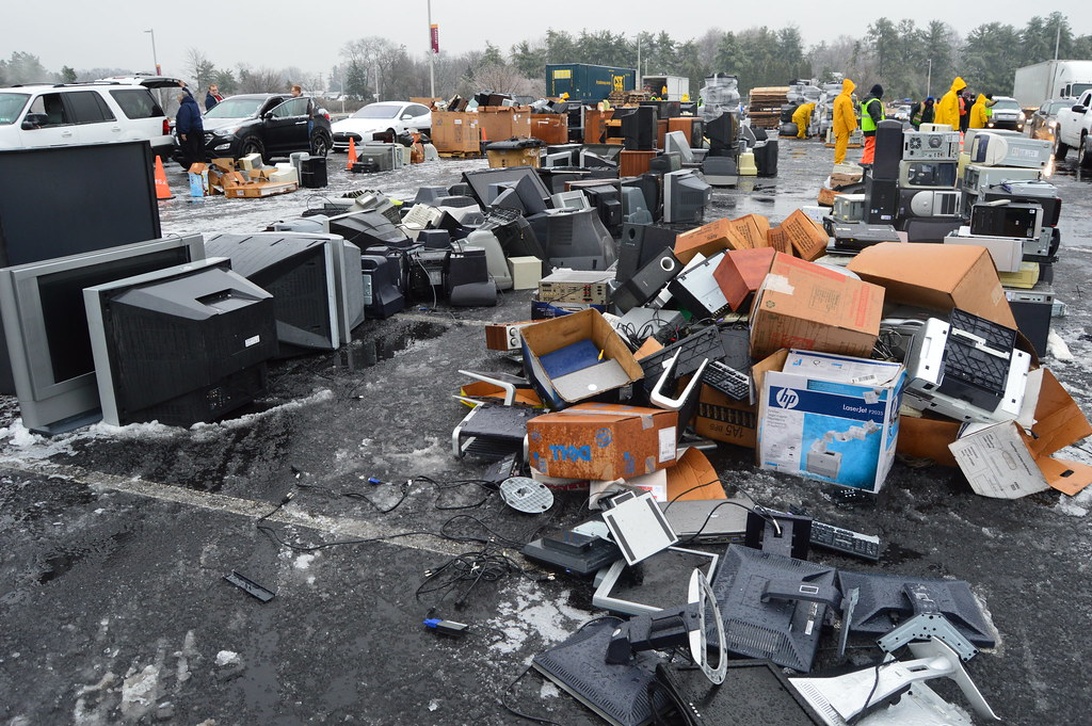
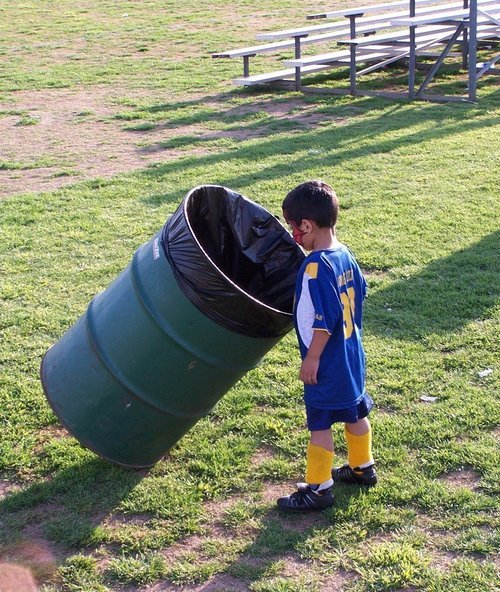
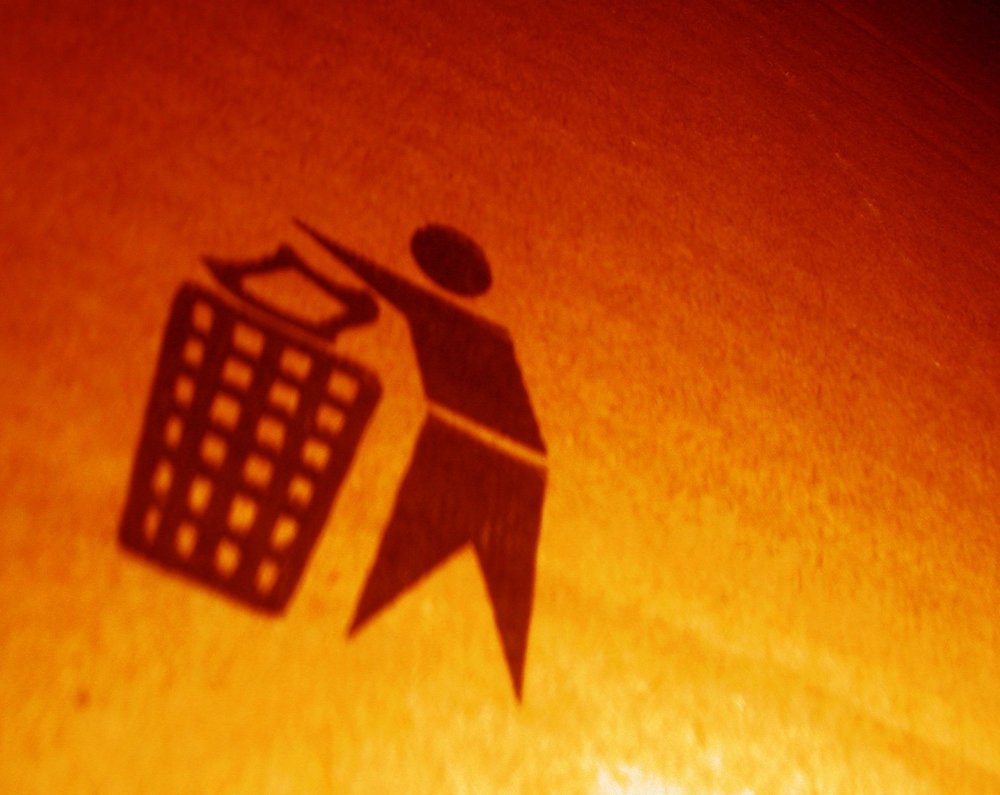
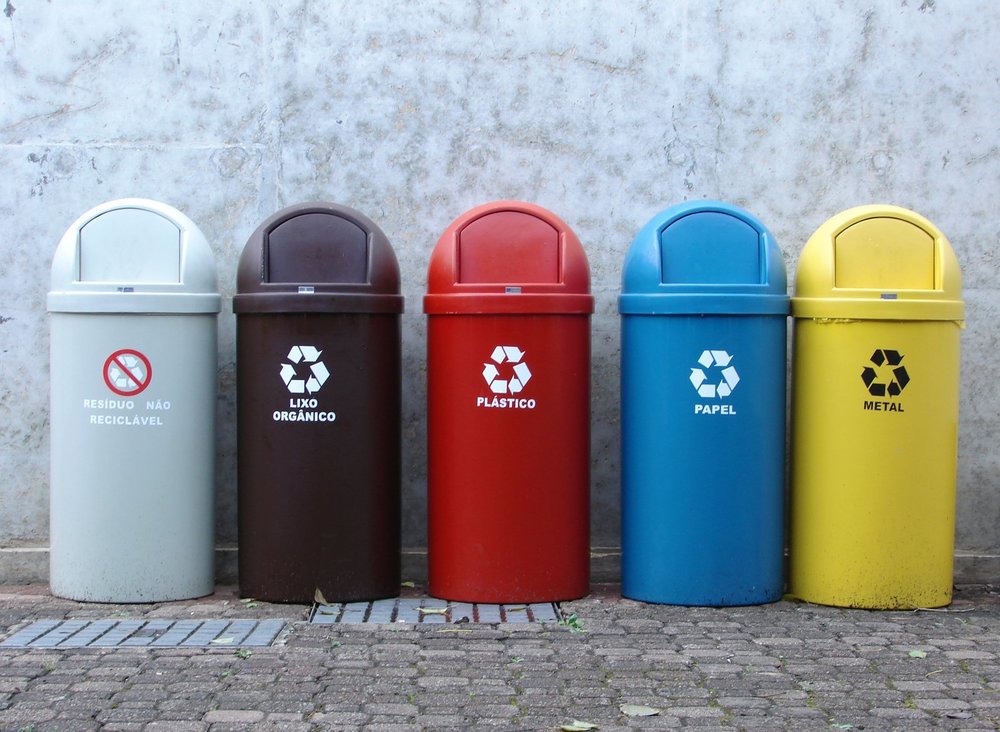
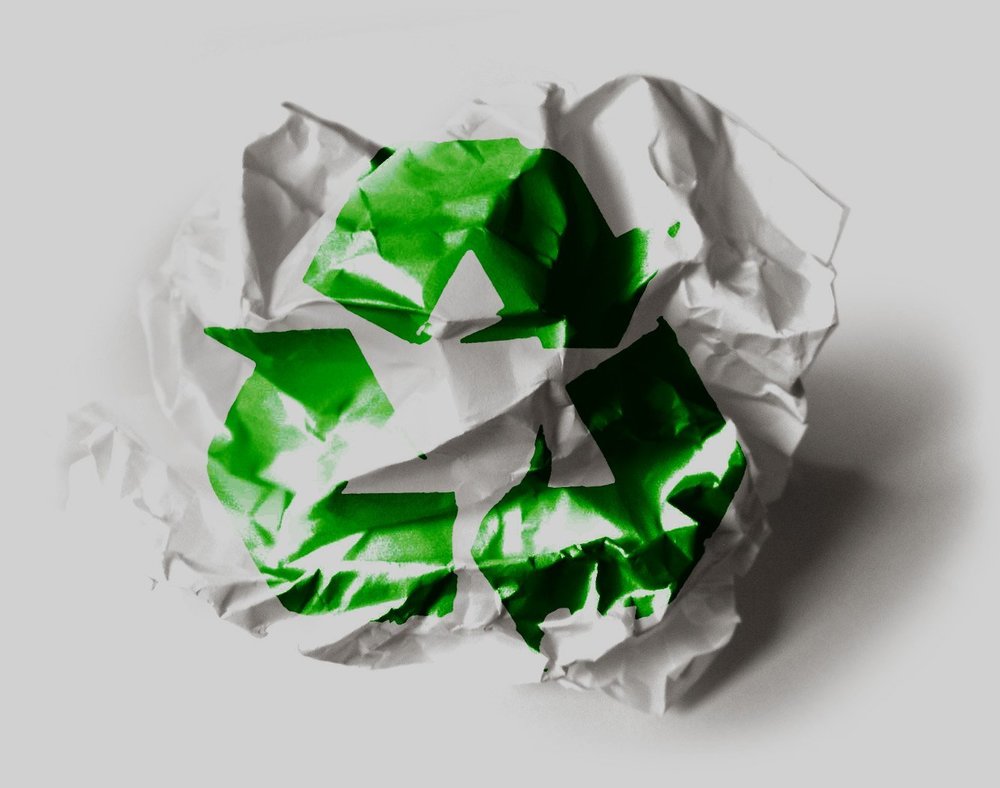
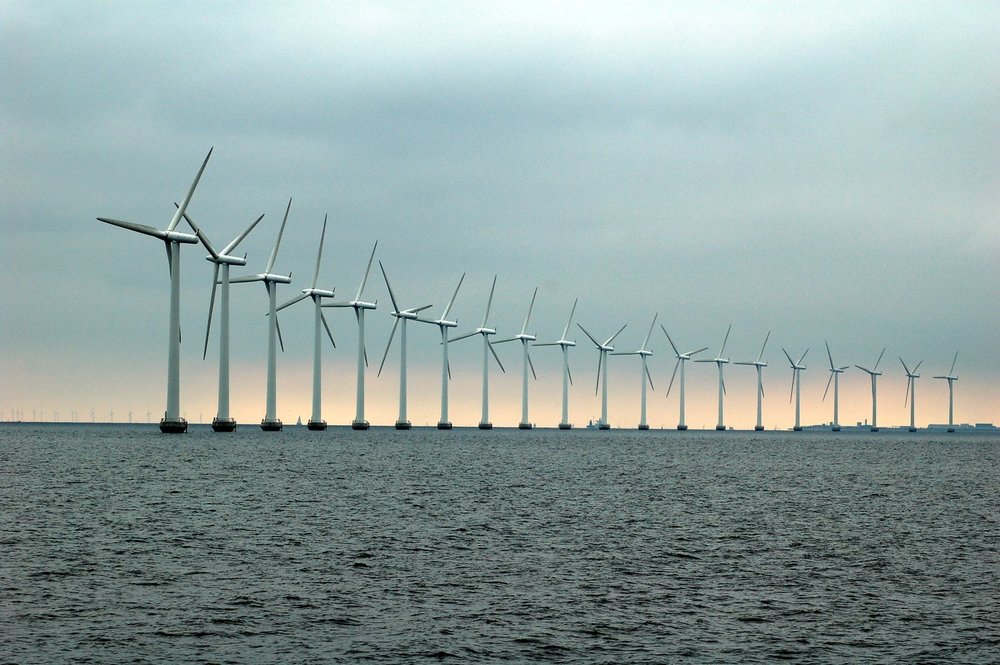
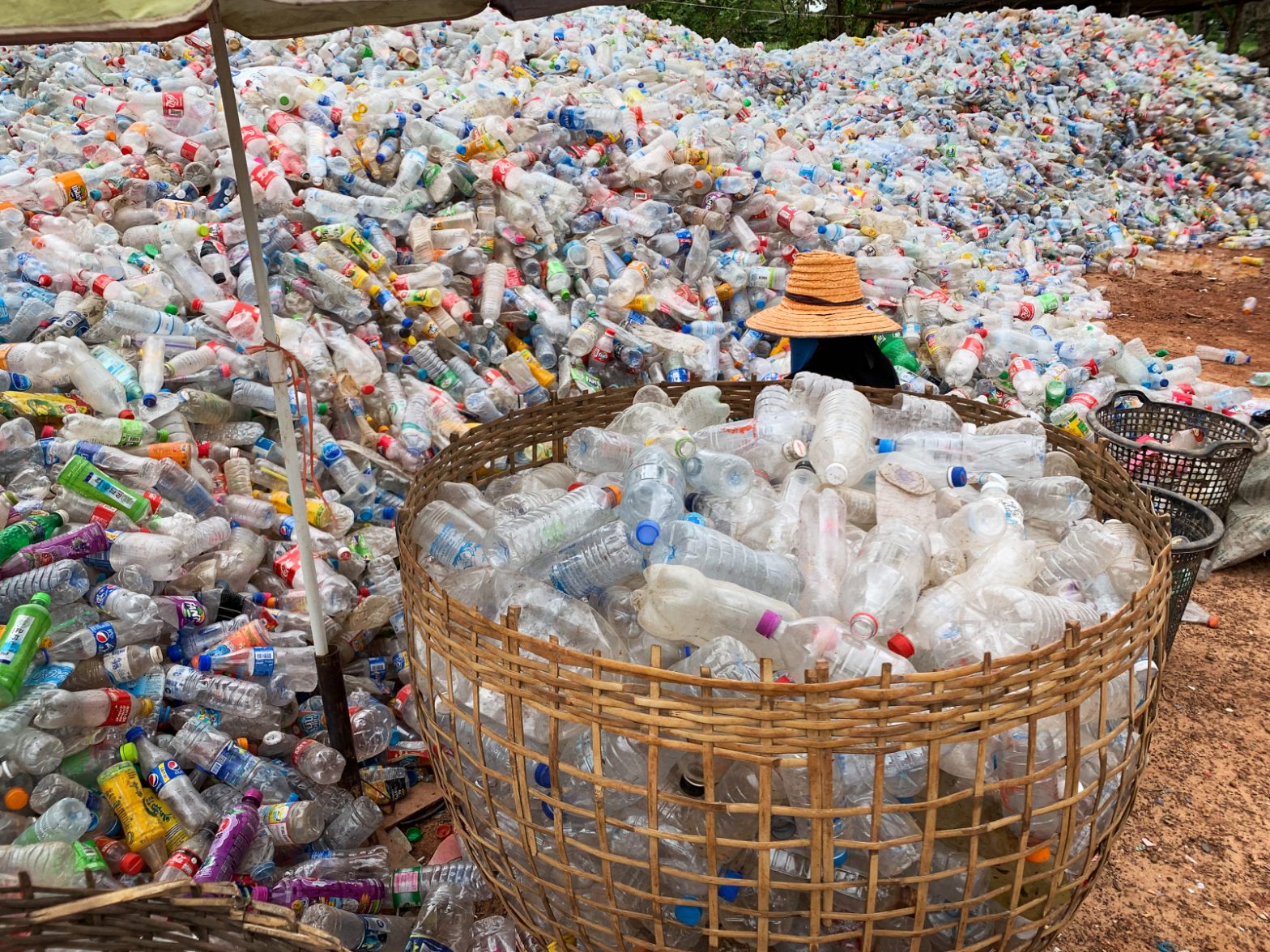
 e for over half a million metric tons of plastics that are dumped in landfills, sent to the incinerators or burned in some way.
e for over half a million metric tons of plastics that are dumped in landfills, sent to the incinerators or burned in some way.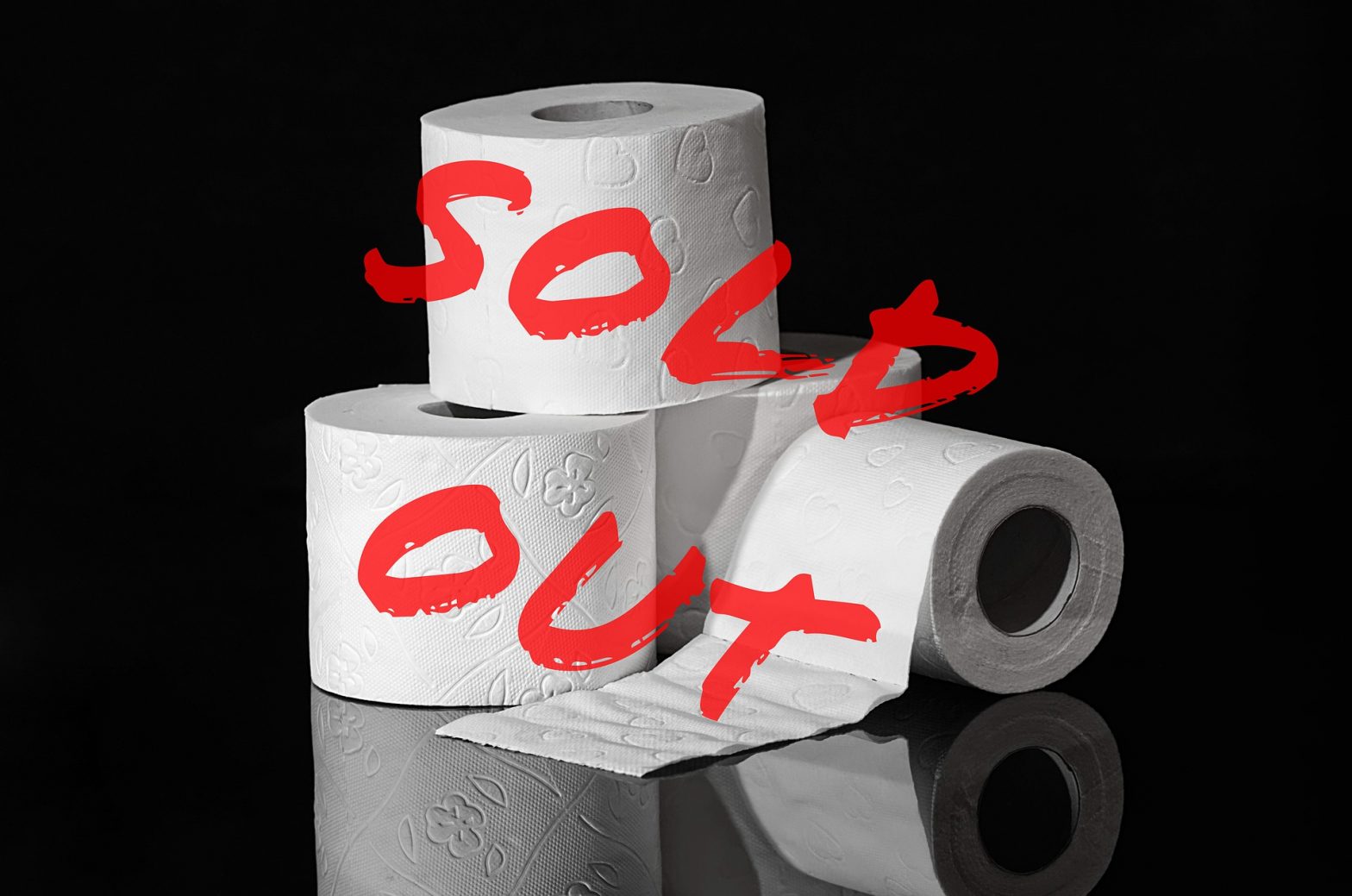
 burning.’ Recently, there have been more than 12 fire emergencies in Wigan alone that escalated from ‘backyard burning.’
burning.’ Recently, there have been more than 12 fire emergencies in Wigan alone that escalated from ‘backyard burning.’